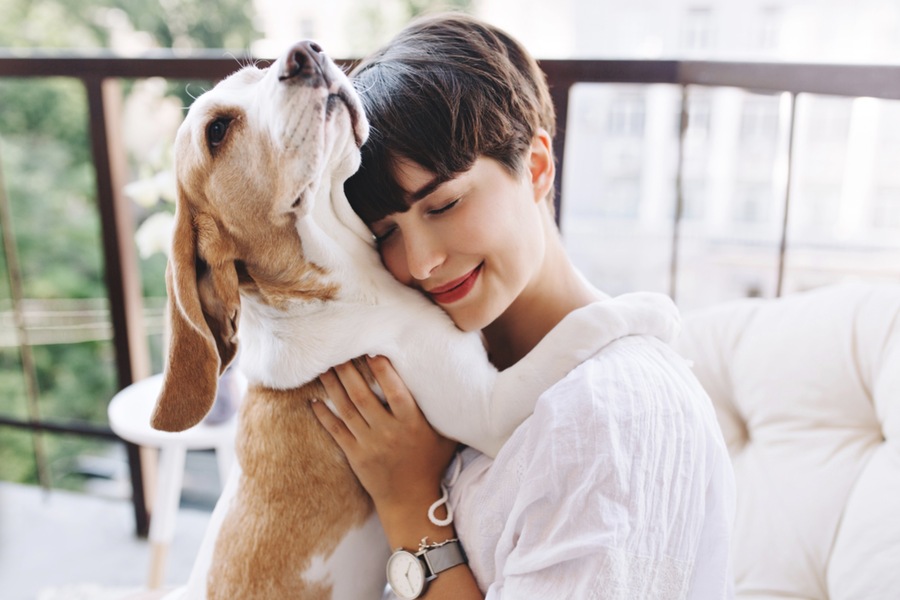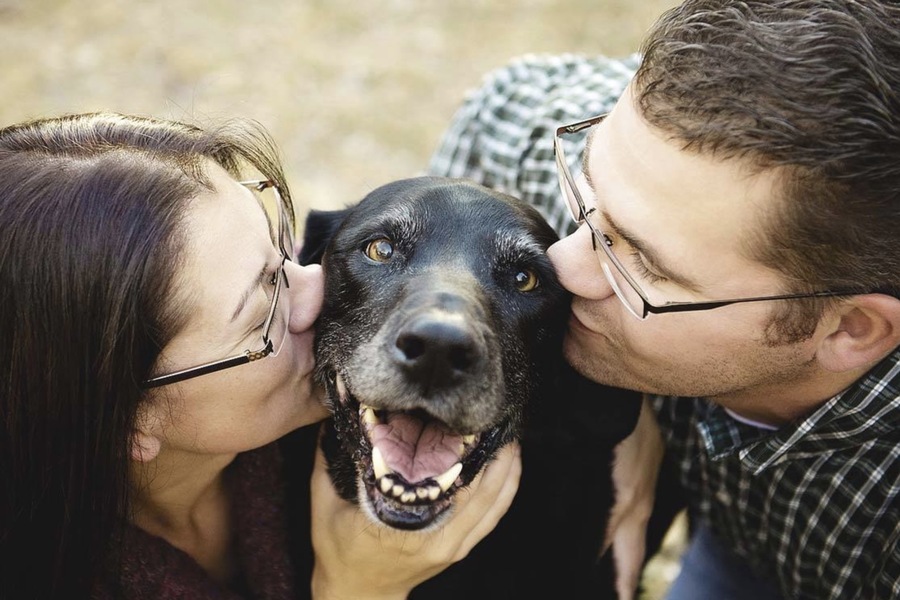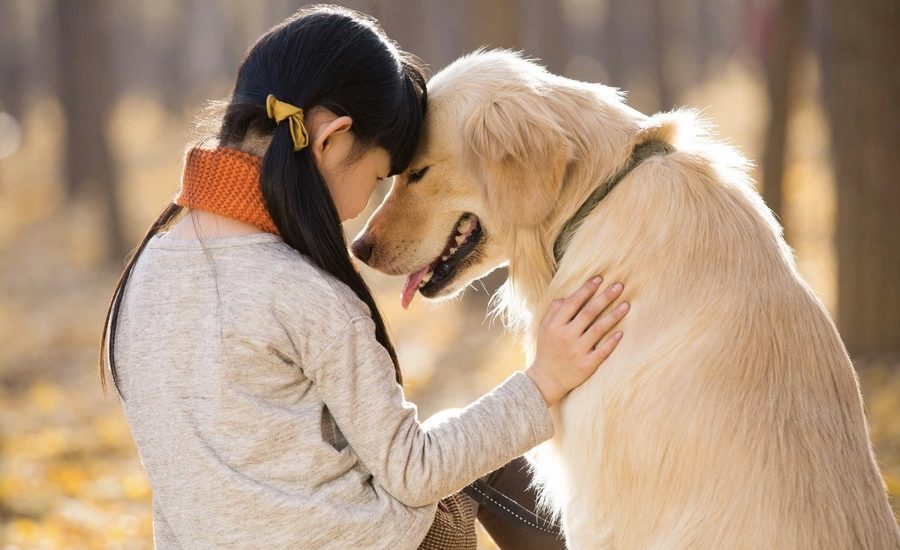Love for animals is a profound feeling that goes beyond simple affection. It encompasses caring for them, worrying about their well-being, and sharing moments of joy and companionship. Interacting with pets can have therapeutic effects, providing emotional support and physical health benefits. Pets can help normalize blood pressure, stabilize body temperature, reduce anxiety, boost motivation, and improve overall quality of life. However, just like humans, pets can fall ill and require medical attention. One such condition that affects many dogs is an inguinal hernia, which can be expertly treated by Vets in the City.
Understanding Inguinal Hernias in Dogs
An inguinal hernia occurs when abdominal organs protrude through the inguinal canal or inguinal ring, an opening in the muscle wall located in the groin area. This condition can be either congenital (present at birth) or acquired over time. Some dog breeds are predisposed to developing congenital inguinal hernias, including:
– Basenji
– Pekingese
– Poodle
– Basset Hounds
– Cairn Terriers
– Cavalier King Charles Spaniels
– Cocker Spaniels
– Dachshunds
– Pomeranians
– West Highland White Terriers
Recognizing the Symptoms of an Inguinal Hernia
The main symptoms of an inguinal hernia in dogs include:
– Swelling or lump in the groin area
– Difficulty urinating or defecating
– Pain or discomfort in the abdomen or groin area
– Lethargy and loss of appetite
For female dogs, an inguinal hernia can complicate pregnancy and childbirth. If a hernia becomes strangulated, it means the organs are not only protruding but also being compressed and twisted by the hernial sac, disrupting blood flow and potentially causing tissue necrosis (death of the tissue). Symptoms of a strangulated inguinal hernia are more severe and include:
– Vomiting
– Acute pain
– Frequent attempts to urinate
– Presence of blood in the urine
– Lack of appetite
– Depressed state

Diagnosis and Early Detection
Early detection and diagnosis of an inguinal hernia are crucial for effective treatment and the prevention of complications. If you observe any of the aforementioned symptoms in your dog, it is essential to consult a veterinarian immediately. A thorough physical examination will be conducted, and diagnostic imaging techniques such as X-rays or ultrasounds may be utilized to confirm the presence and severity of the hernia.
Treatment of Inguinal Hernias
The primary treatment for inguinal hernias in dogs is surgical intervention. During the surgery, the veterinarian will return the hernial tissue or organs to their proper position and close the opening in the abdominal wall. This surgery is generally considered safe and has a high success rate. The procedure is performed under general anesthesia, and the duration of the surgery varies depending on the complexity of the hernia.
In some cases, a conservative treatment approach may be taken, but this decision is made by the veterinarian, who will provide strict care guidelines for the pet. Conservative treatment might include dietary changes, exercise restrictions, and regular monitoring to ensure the hernia does not worsen. However, for strangulated inguinal hernias, surgery is the only option, and it must be performed immediately to prevent severe complications such as organ damage or death.
Post-Operative Care
After surgery, your dog will require appropriate post-operative care to ensure a smooth recovery. The veterinarian will provide specific instructions regarding pain management, activity restrictions, and surgical wound care. It is crucial to follow these instructions carefully to expedite healing and minimize the risk of complications. Post-operative care typically includes:
– Pain Management: Administer prescribed pain medications to keep your dog comfortable.
– Activity Restrictions: Limit your dog’s physical activity to prevent strain on the surgical site. This may involve confining your dog to a small area or using a crate.
– Wound Care: Keep the surgical site clean and dry. Follow the veterinarian’s instructions for cleaning and dressing the wound.
– Follow-Up Appointments: Attend all scheduled follow-up appointments to monitor your dog’s recovery progress.
Preventive Measures
To prevent inguinal hernias in dogs, consider the following measures:
– Regular Health Monitoring: Regular veterinary check-ups can help detect any potential health issues early.
– Proper Exercise: Regular walks and controlled physical activity can help maintain muscle tone and prevent strain on the abdominal muscles.
– Balanced Diet: Ensure your dog’s diet includes sufficient dietary fiber to prevent chronic constipation, which can weaken the muscles of the peritoneum and pelvic regions.
– Avoid Excessive Physical Activity: Avoid overexerting your dog, especially in breeds predisposed to hernias.
– Pregnancy Management: For female dogs, manage pregnancies to prevent excessive strain on the abdominal muscles.

Importance of Professional Veterinary Care
Self-medication can worsen the condition, so if you suspect your dog has an inguinal hernia, contact your veterinarian for an accurate diagnosis and treatment plan. Early intervention can prevent complications and ensure your pet’s health and well-being.
Seeking Professional Help
If you notice any symptoms of an inguinal hernia in your pet, it’s crucial to seek immediate veterinary care. In Dubai, Vets in the City is a renowned veterinary clinic equipped with state-of-the-art facilities and staffed by highly qualified professionals. The clinic also has its own laboratory, ensuring comprehensive and accurate medical care for your beloved pet.
Conclusion
The love for animals is reflected in the way we care for them. By recognizing the signs of health issues like inguinal hernias and seeking prompt veterinary care, we can ensure our pets lead healthy, happy lives. Regular veterinary check-ups, a balanced diet, and controlled physical activity are essential in maintaining the well-being of our pets. Remember, your prompt attention and care can make a significant difference in your pet’s health and quality of life.





